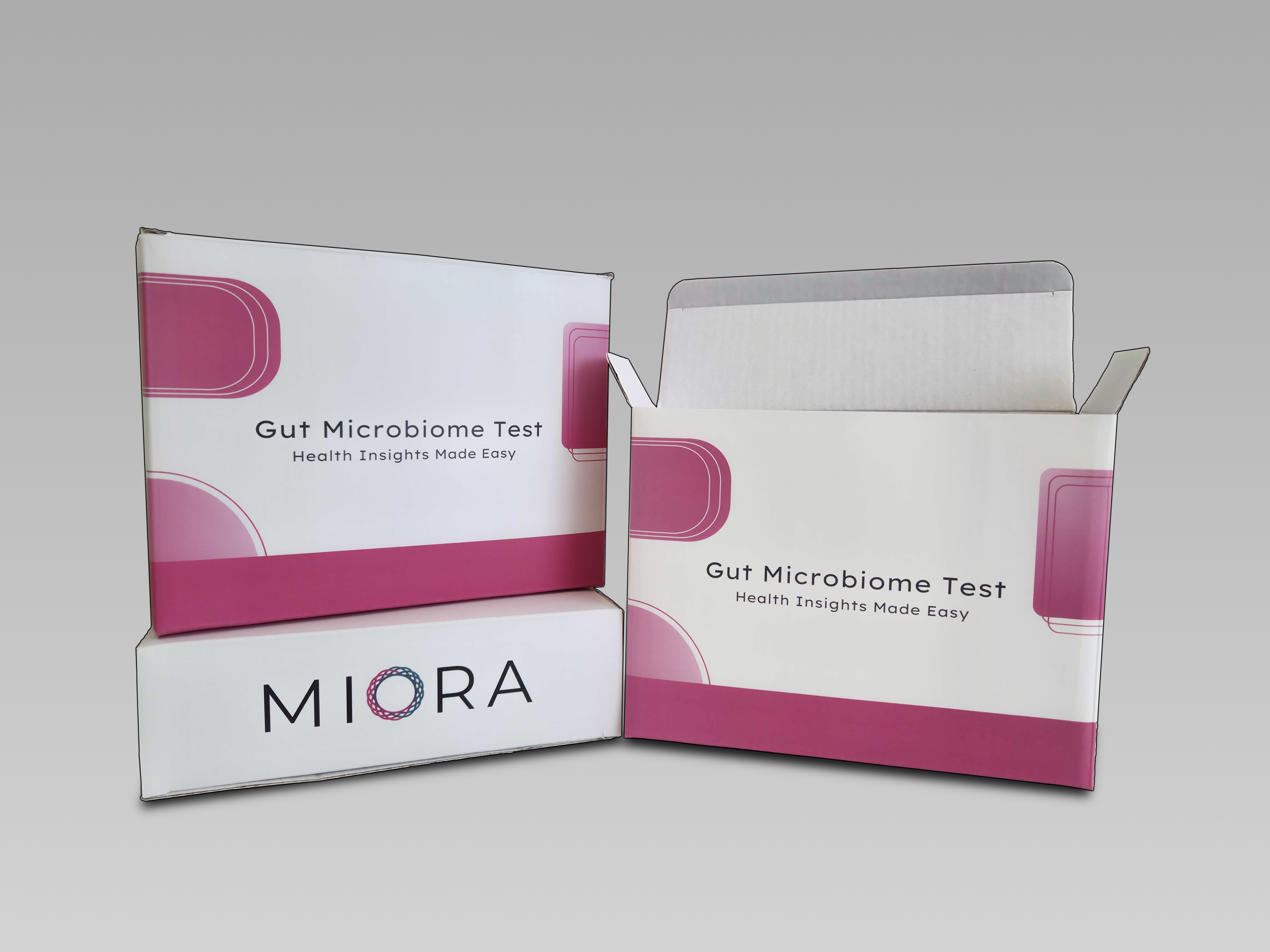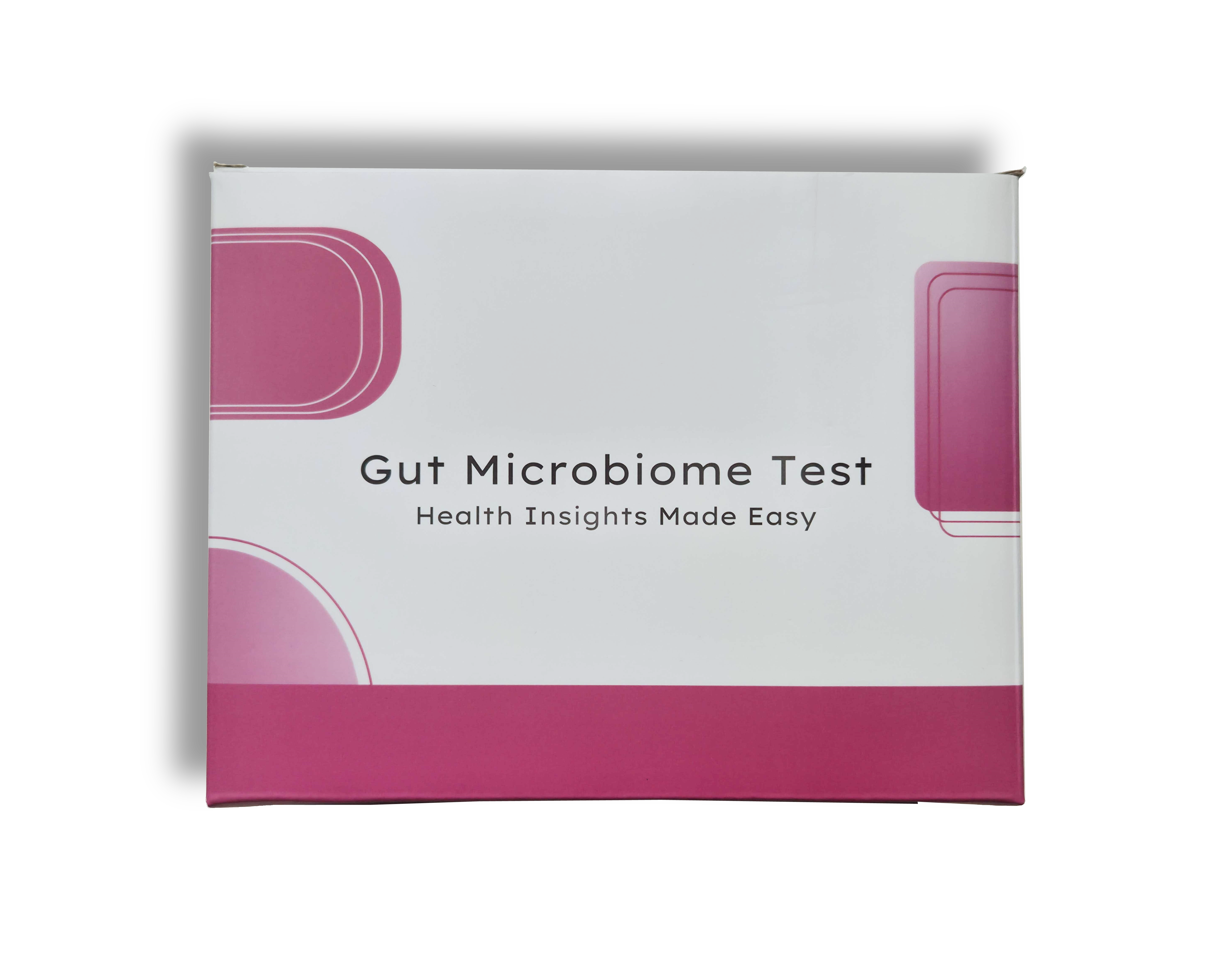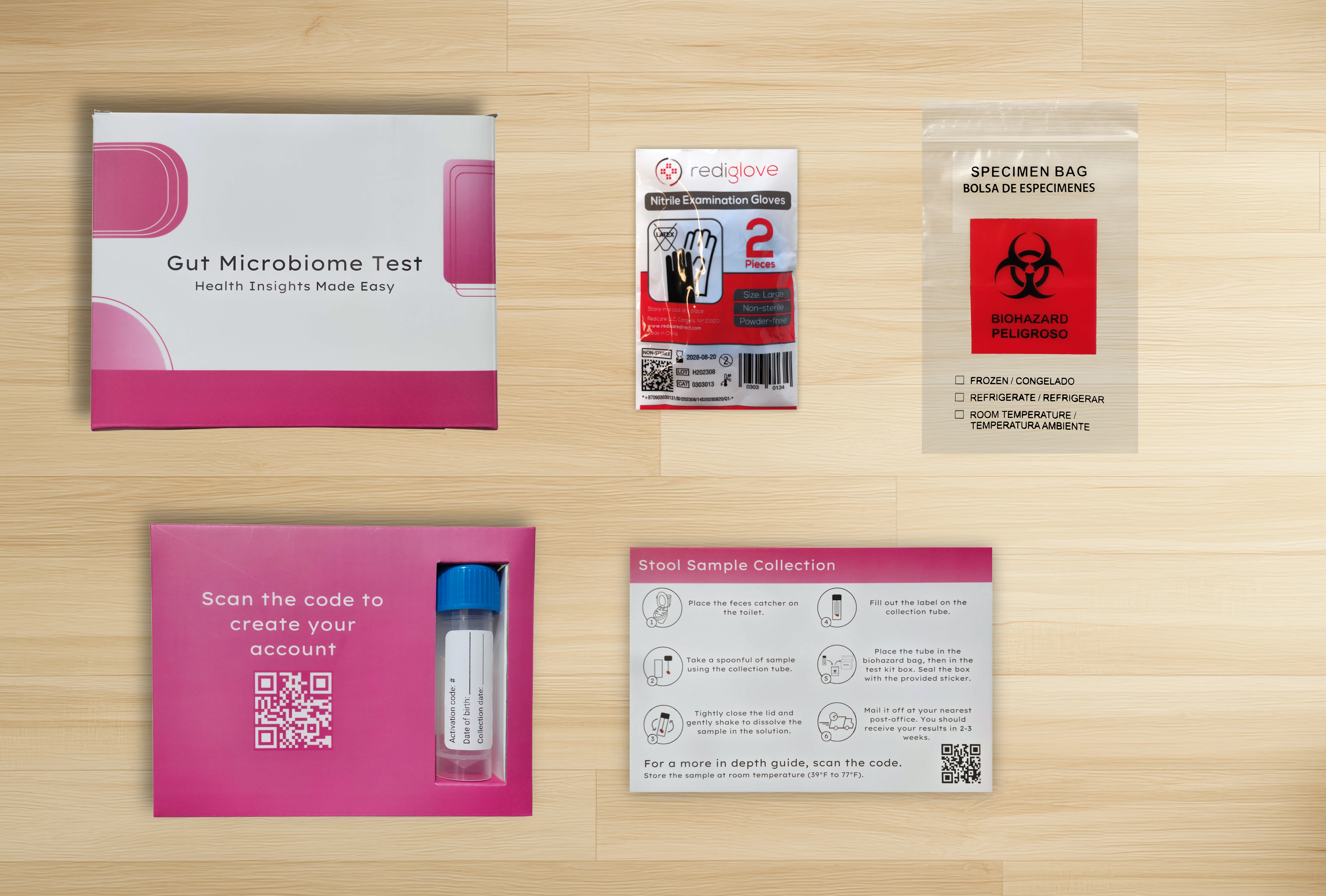There are currently no items in the cart

An at-home microbiome screening kit for the early detection of gestational diabetes during pregnancy.
Gestational diabetes mellitus (GDM) is a common pregnancy condition that occurs when an imbalance in insulin production or the body’s response to insulin causes higher blood sugar levels, leading to diabetes.
GDM can lead to pregnancy complications such as having a larger-than-average baby, preterm birth, and preeclampsia - a condition involving high blood pressure. A larger baby can increase the chances of delivery complications, including the need for a C-section

Gestational diabetes affects around 9% of pregnancies in the US and up to 15% globally.
20 Million+
Pregnancies worldwide are affected by gestational diabetes (GDM) each year.
50%
of women with GDM develop Type 2 diabetes within 5–10 years postpartum.
2×
higher risk of birth complications, including macrosomia, respiratory distress, and neonatal hypoglycemia.
>$10B+
annual healthcare burden in the U.S. alone, covering hospital stays, NICU care, and lifelong metabolic disorders.
At Miora, we are developing a non-invasive diagnostic tool to help pregnant women detect gestational diabetes early. Backed by NIH-funded research, our AI-powered microbiome technology supports timely nutritional and medical interventions to improve outcomes for mothers and babies.

Detects gestational diabetes risk from 8 to 24 weeks of pregnancy.
At-home stool test, no fasting required.
AI prediction based on comprehensive microbiome and clinical data.

Collect your stool sample at home using our test kit.

Use the pre-addressed return label included in your test kit to mail your sample.

Once your sample is at the lab, you'll receive your results in about 2-3 weeks.
While gestational diabetes can affect any pregnancy, certain factors can increase the risk.
Anyone seeking a healthier pregnancy by identifying gestational diabetes risk early.
Those with a personal or family history of type 2 diabetes.
Those who were overweight prior to pregnancy.
Those diagnosed with PCOS (Polycystic Ovary Syndrome).
Women over the age of 25.
Those who have had gestational diabetes in a past pregnancy.
Individuals from lower socioeconomic backgrounds.
Those who previously gave birth to a baby over 9 lbs.
